What is dermaplaning and you should do this?
Dermaplaning is a new trend in the market of cosmetic beauty procedures. Many beauty salons offer dermaplaning along with their facial treatments, promising great results and improvements both in appearance and sensation in the skin. This procedure is praised as the easiest and quickest way to rejuvenate the face without using chemicals or invasive cosmetic procedures. But is it as good as it looks?
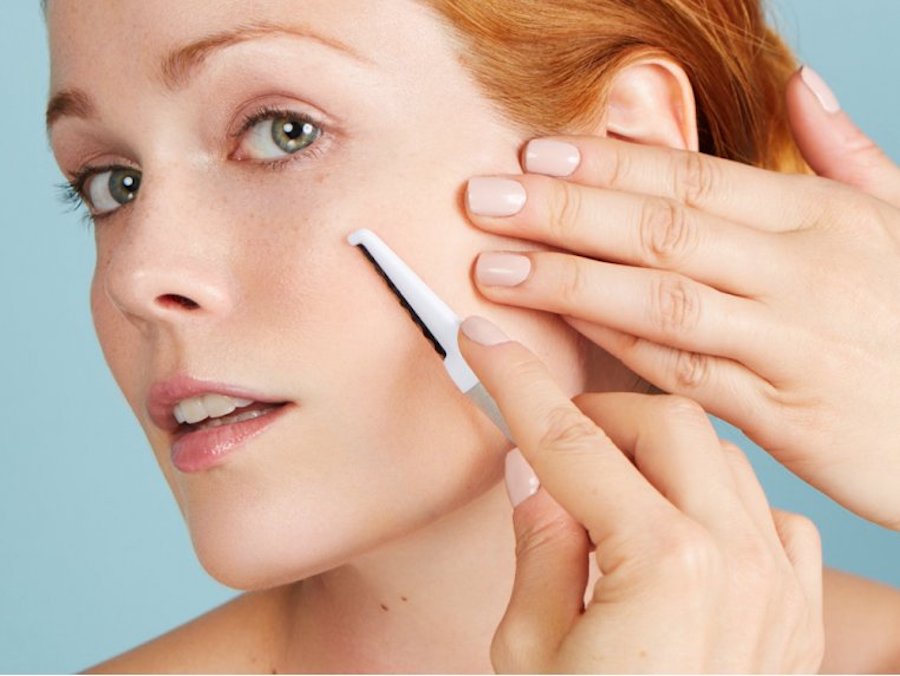
Dermaplaning is a new trend in the market of cosmetic beauty procedures. Many beauty salons offer dermaplaning along with their facial treatments, promising great results and improvements both in appearance and sensation in the skin. This procedure is praised as the easiest and quickest way to rejuvenate the face without using chemicals or invasive cosmetic procedures. But is it as good as it looks? It is not dangerous? Is there any side effect? And most importantly - is it worth doing it? We understand, you have questions and we find answers. Here's all you need to know about Dermaplaning.
What is Dermaplaning?
Dermaplaning is a fairly simple skin treatment that uses a blade or scalpel to shave a thin upper layer of dead skin cells and also remove the hairs from the face. It is more or less similar to shaving the hairs, except that it is done by a professional who knows how to apply the right amount of pressure to remove that "peach fuzz" and dead skin cells, but never breaks the surface of the skin and avoids cuts . The process is painless and relatively fast.
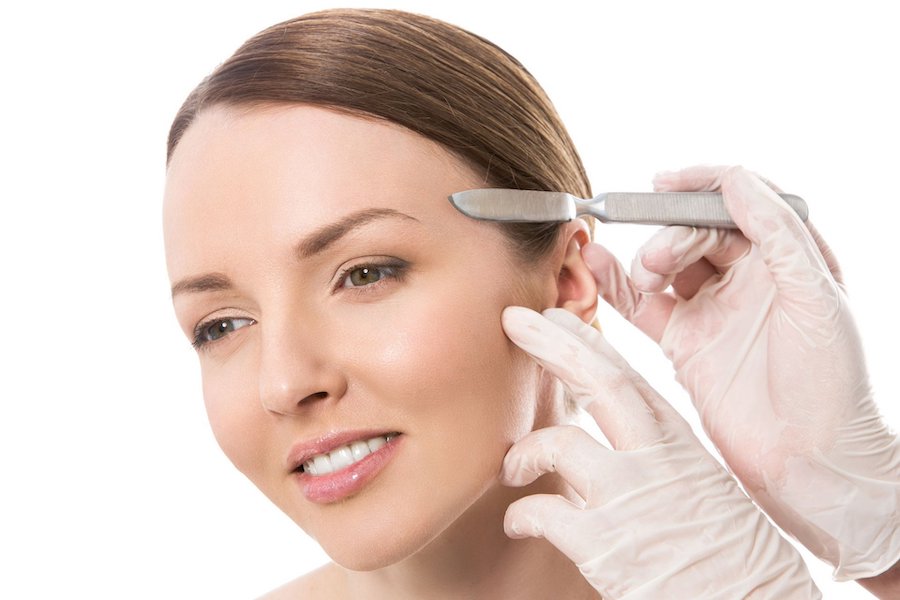
How long does Dermaplaning take
Dermaplaning is actually a very fast procedure, usually takes about 10 minutes, so few places only offer you this procedure. Instead, dermaplaning is often offered as a complement to other facial procedures. The idea is to do this before facial treatment itself, so that after removing dead skin cells, the skin below can better absorb all creams and serums and facial treatment becomes even more effective.
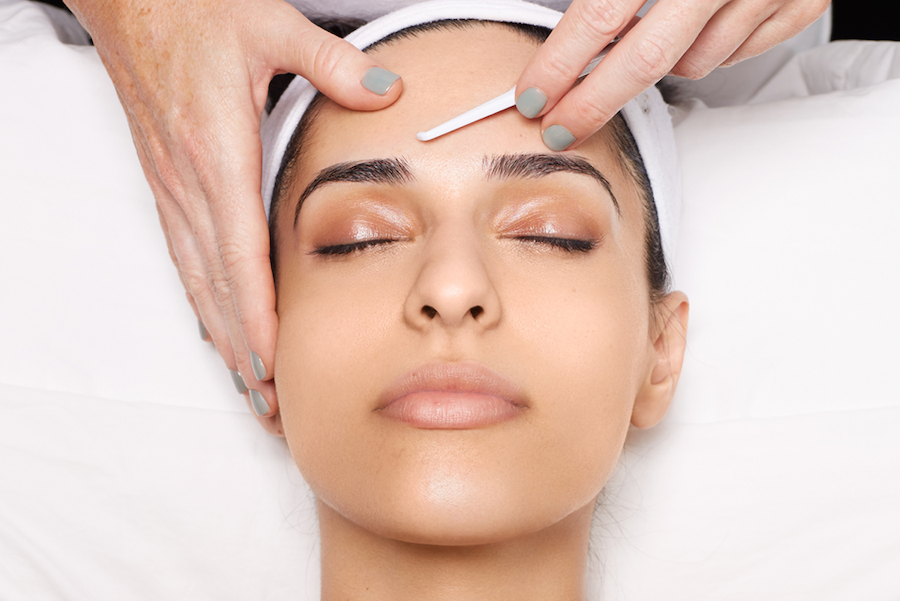
Why would anyone consider dermaplaning?
The idea behind the dermaplaning is that it will leave your skin super soft and fleshy, and remove painless by undesirable facials and "peach by the peach", will uniform the texture of the skin and the complexion in general, will increase the effectiveness of beauty products and It will make your makeup slide softly, giving you a more retouched appearance. How not to like it?
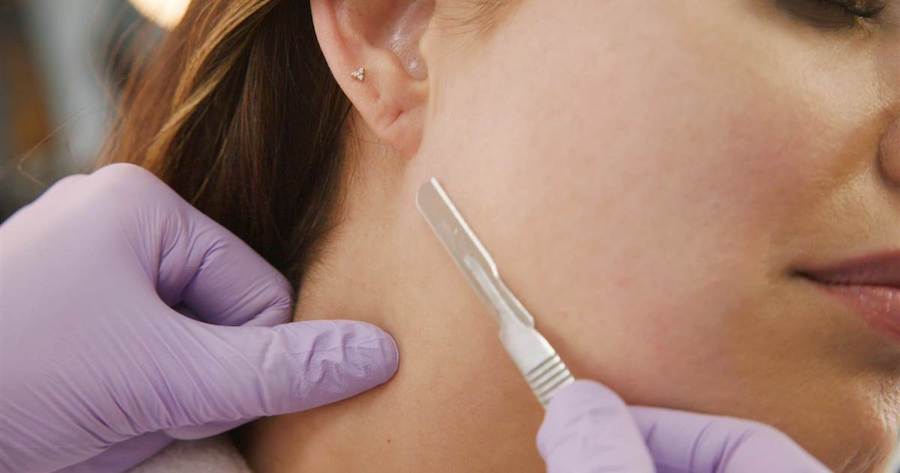
How often should you do it?
As is an exfoliating and hair removal procedure, it is usually advisable to apply it at most once a month. This will keep your skin with a soft and hairless appearance, without irritating it a lot. Remember that too much eating is bad for your health, so do not try to do this every two weeks. For best results, it is best to talk to a dermatologist, which will be the most qualified to guide you about the right procedure for your specific type of skin.

Common misconceptions on dermaplaning
Many people get confused about dermaplaning and think that if they do, the soft fuzz on their face will grow again like a thick and full beard. But this is wrong, it's a myth. The peach fuzz will grow again in the same way, it can only seem a bit more harsh at first because their hairs were cut and the tips are more incisive. They will not seem darker or thicker. Another common misconception is that it is better to shave the hair by the face instead of applying dermaplaning, to avoid hair, but in fact the hair removal is much more traumatic to the skin, and dermaplaning is painless and does not pull or traumatize the skin.
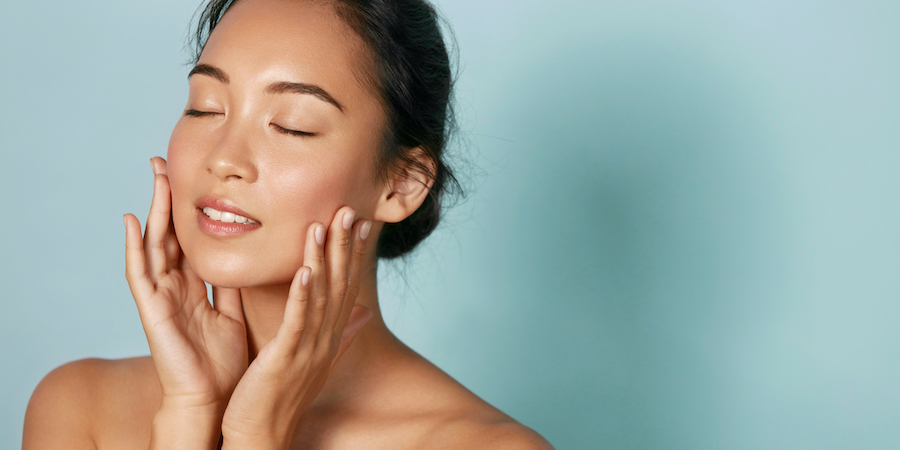
Dermaplaning at home
Many women wonder if you can do dermaplaning at home. We would not recommend. Even if the procedure appears quite simple, it is done with a scalpel and there is always a chance for you to cut yourself. It is better than a professional to do this procedure. However, many women choose to shave their face, which also eliminates the peach fuzz and has a slight exfoliating effect, similar to dermaplanage.

Dermaplaning side effects
Dermaplaning is safe for most people, however, you should keep in mind that removing a thin layer of your skin, even if you are dead cells, leaves the skin more vulnerable to ultraviolet rays. So you should be careful with the sunscreen, but this is something you should do every day anyway. Dermaplaning can also be annoying if you have super sensitive skin, suffer from rosacea, acne or have many rashes.

8 television shows and movies to watch after a breakup

